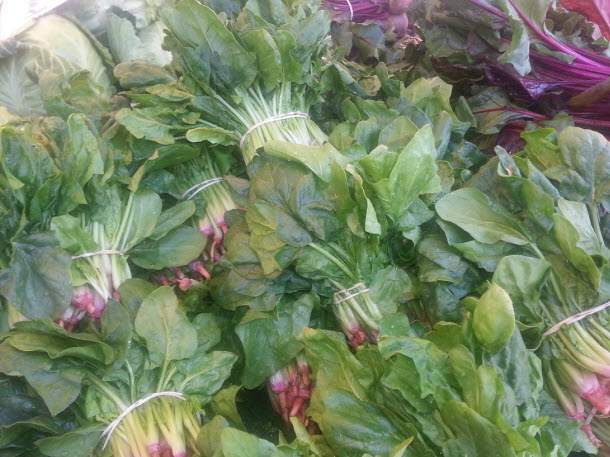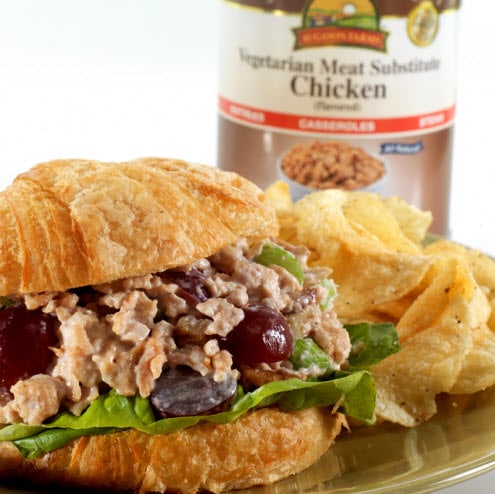When we’re striving to be healthy we often turn to so-called health food, but how do you know it isn’t junk food?
Someone made a comment on Facebook I thought was interesting.
“Just because you’re vegan doesn’t mean you’re eating healthy.”
That’s so true!

It’s not that I have anything against going vegan. If giving up meat gets you excited, then go for it. There are multiple benefits to becoming vegetarian, or vegan if you manage it properly. Vegans are often 20 lbs lighter than their meat-eating counterparts. That in itself would be nice if I didn’t salivate looking at a grilled wild salmon steak or filet mignon.
Going on a “healthy diet” doesn’t mean it’s all that good for you. You have to read food labels. A “chicken substitute” with the word “vegan” slapped on it is “junk food” if it’s full of salt, unhealthy starches, and artificial flavorings.
Many meat substitutes are made with soy. That’s fine if it’s fermented like miso, tempeh, natto, or traditionally brewed soy sauce. However, some “soy” products are dangerous for people with thyroid problems and may even cause breast cancer.
A vegan who eats French fries every day or even fried kale may be just as clueless as a person who eats Spam.
Read food labels to see if your healthy food is junk food
Here’s an example of a vegetarian meat substitute wrapped in a crescent roll and served with potato chips.

Seriously?
Vegans and vegetarians will get just as fat as anyone else if most of their meals are junk food.
Some products with “vegan” labels are also high in sugar. If you think sugar-filled cupcakes made without milk are healthy, think again.
Get your sugar from natural sources
Sugar is sugar no matter what form it’s in. Artificial sweeteners are mostly evil and are hidden in products that are advertised to be healthy. Don’t eat them.
- Sugar from fresh natural fruits has a high ORAC value and certain types, like berries, are antioxidant-rich. Bananas, which are high in fructose, have excellent health benefits. Fresh fruit is healthy as long as you don’t overdo it.
- Raw honey, especially Manuka Honey is a no-no for vegans but it contains anti-oxidants, minerals, vitamins, amino acids, and enzymes. Local raw honey is effective in preventing allergies. However, most of these benefits are destroyed when honey is processed.
- Real Maple syrup and molasses contain important minerals (like iron) and are healthy if used in moderation.
- Agave nectar is high in fructose and is not as beneficial as it’s advertised to be.
Calorie counts and ingredients matter even with healthy food
US News Reports
Vegetarian packaged and processed foods are subject to the same hazards as the non-vegetarian alternatives. As pointed out in the Eat This, Not That Supermarket Survival Guide, there are better and worse choices in the frozen meatless entrée aisle. One package of Celentano Eggplant Parmigiana, for example, contains 660 calories, 44 grams of fat (10 of which are saturated), and 960 milligrams of sodium. Compare that to Kashi Black Bean Mango, with 340 calories, 8 grams of fat (1 gram saturated), and 430 milligrams of sodium. Blatner recently analyzed meatless hot dogs and burgers and found that while they generally have less fat and more fiber than real meat, they also have more sodium and less protein.
Most importantly, any diet that cuts out food groups needs to be balanced and nutritionally sound.
No matter what diet you choose to follow, whether it’s Mediterranean, Paleo, Asian, Vegetarian, Vegan, or otherwise, always read food labels and avoid junk food. You will be surprised at what you find.



Leave a comment and tell us what you think